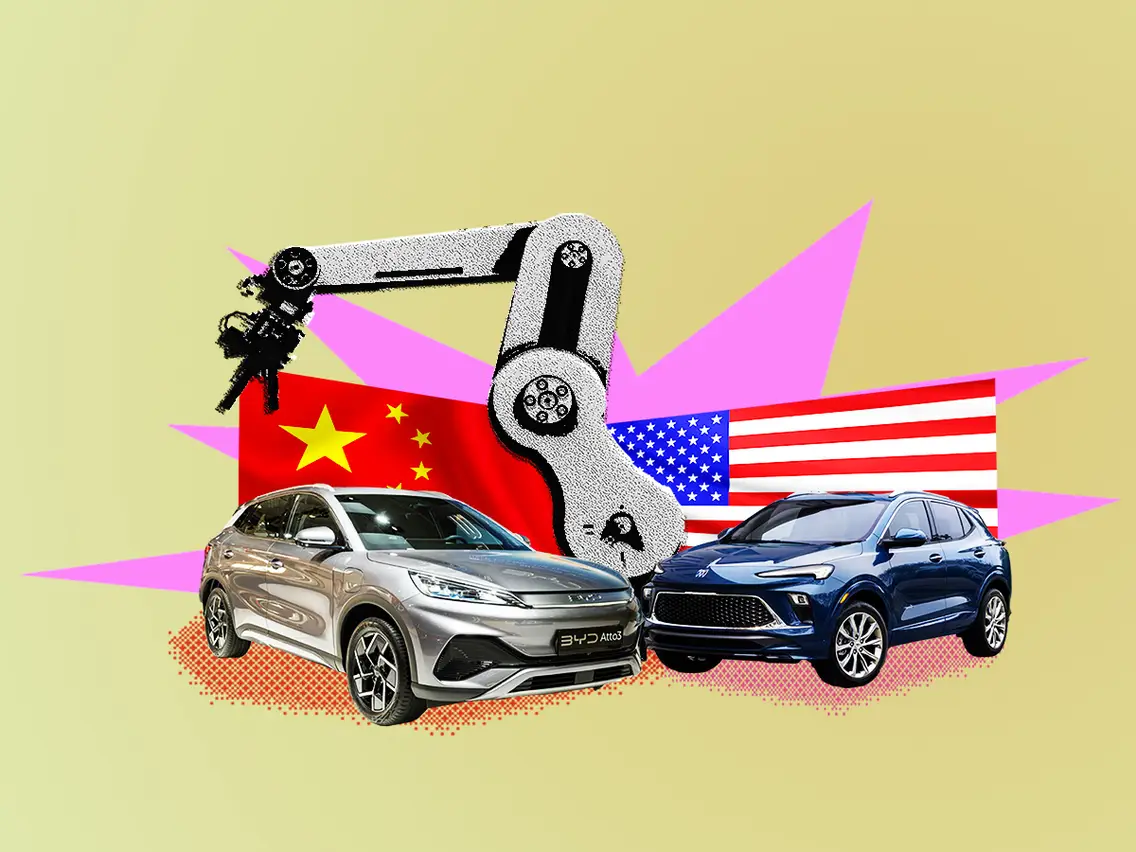The U.S. Commerce Department has proposed new rules that would ban key Chinese software and hardware from vehicles on American roads due to national security concerns. This move could effectively block Chinese cars and trucks from entering the U.S. market.
Key Points:
- Security Concerns: The Biden administration is worried about Chinese-made vehicles collecting data on American drivers and infrastructure. There’s also concern that foreign entities could remotely control or manipulate connected vehicles, posing a risk to U.S. privacy and safety.
- Proposed Ban: The proposal would require automakers to stop using Chinese software in vehicles starting with the 2027 model year, and Chinese hardware by 2029. This would affect all on-road vehicles but exclude agricultural, mining vehicles, drones, and trains.
- Public Feedback: The public has 30 days to comment on the proposal, and the Commerce Department hopes to finalize the rules by January 20.
- Broader Impact: The proposed regulation would also cover software and hardware from other U.S. adversaries, including Russia. It aims to protect the U.S. from potential security risks before Chinese cars and components become widespread.
Commerce Secretary Gina Raimondo stressed that the U.S. is acting early to prevent future risks, noting that foreign-made software in vehicles could be used for surveillance or sabotage. The administration also pointed out that while few Chinese-made cars are currently imported into the U.S., it’s important to address the risk before it grows.
This proposed regulation is part of a larger effort to limit Chinese technology in critical infrastructure. Just recently, the U.S. increased tariffs on Chinese electric vehicles (EVs) and key components like batteries.
Industry Response:
Major automakers like General Motors and Ford may need to stop selling vehicles imported from China if the rule is implemented. Although most vehicle software and hardware used in the U.S. doesn’t come from China, manufacturers may still need to find alternative suppliers. The Alliance for Automotive Innovation, a group representing major automakers, has acknowledged that the new rules could create challenges but supports the move to protect national security.
Conclusion:
As the U.S. tightens restrictions on Chinese technology in vehicles, automakers will need to adapt. The proposed ban is a proactive step to address potential risks, ensuring the safety of American drivers and the security of critical infrastructure.





